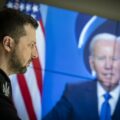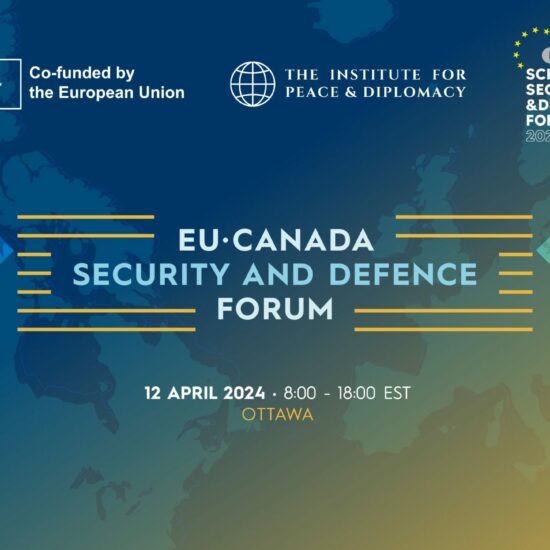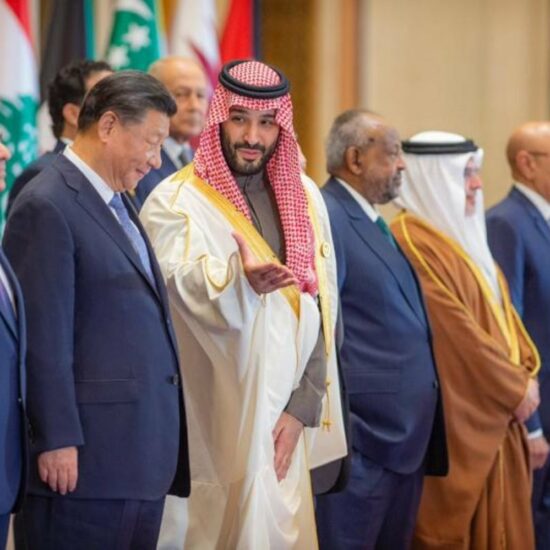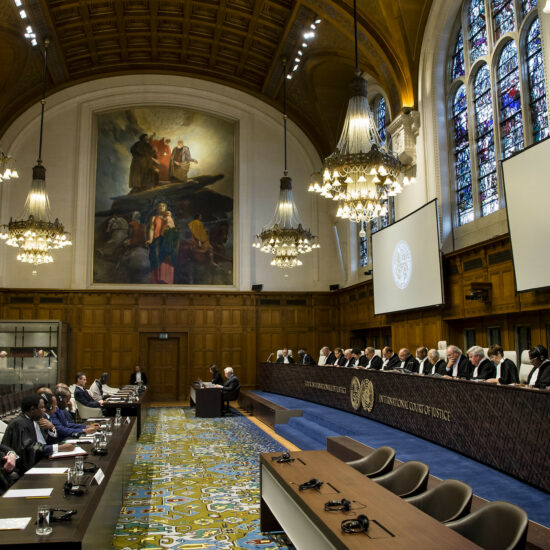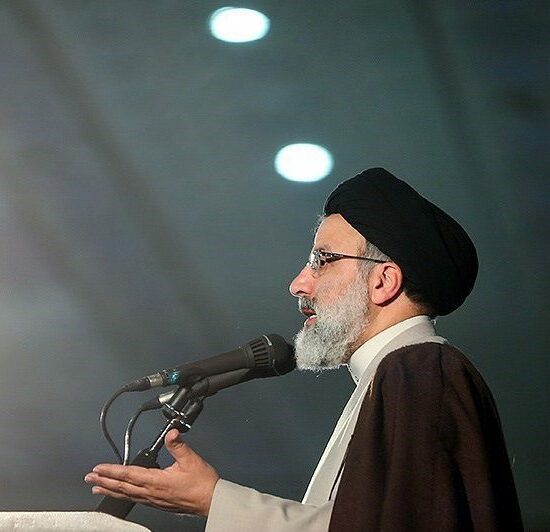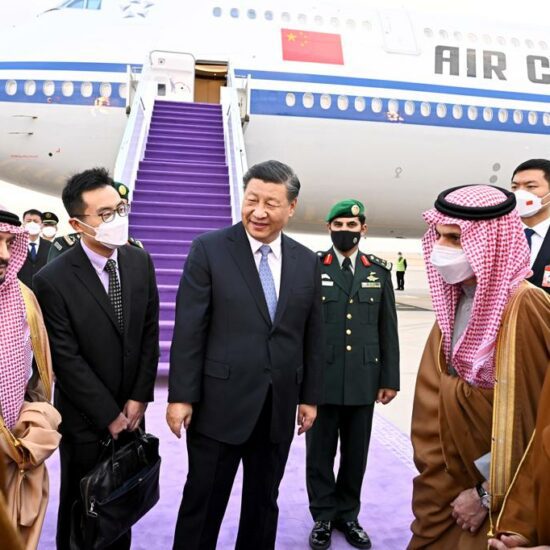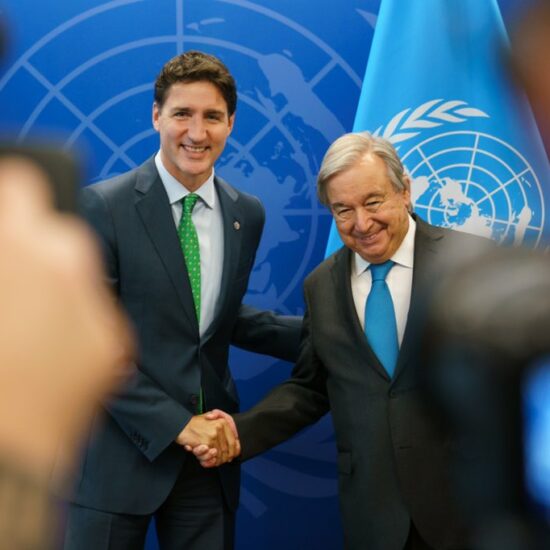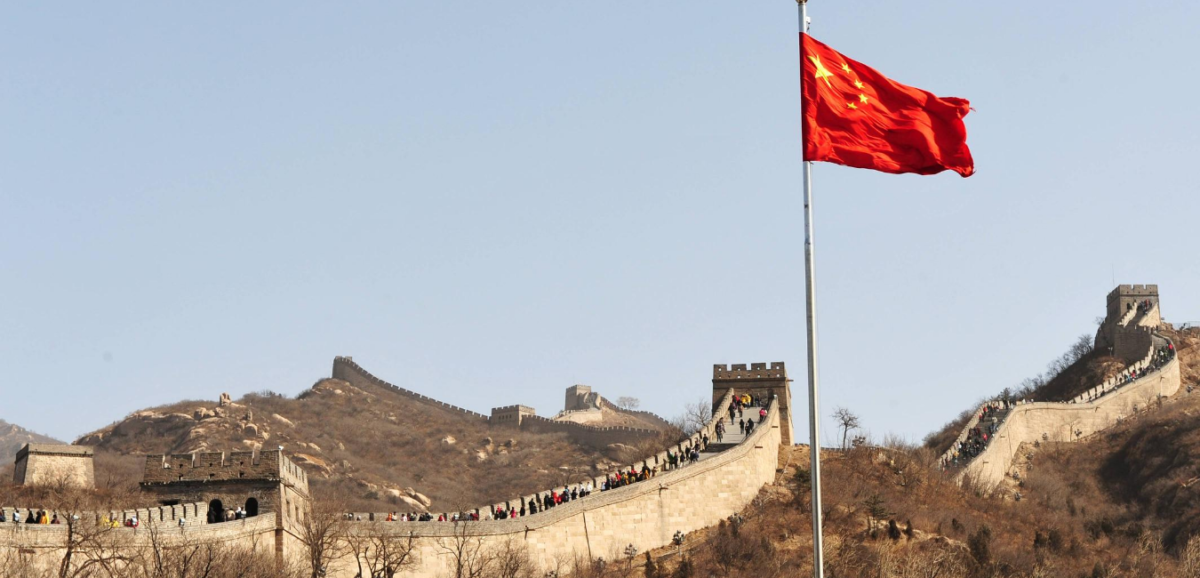
Here is a summary of the discussions prepared by IPD research fellow Pouyan Kimiayjan:
On July 29th, 2020 the Institute for Peace & Diplomacy (IPD) hosted a panel on China’s vision of the international order. The panel discussed three critical questions:
- How China’s rise will impact the current international order?
- What is China’s vision for the international system?
- How the international community can de-escalate rising tensions and prevent conflicts during this period of adjustments and changes?
Our three distinguished panelists included Victor Gao, Vice President of the Center for China and Globalization, Robert S. Ross, Professor at Boston College and Associate at the Fairbank Centre for Chinese Studies, Harvard University, and Jeffrey Reeves, Vice-President of Research at the Asia Pacific Foundation of Canada. This panel discussion was moderated by Bijan Ahmadi, Executive Director at the Institute for Peace & Diplomacy.
Victor Gao’s opening statement touched upon China’s transformative change in the past four decades, asserting that no other country has changed more profoundly than China and that the country is expected to continue its change and development. The VP of the Center for China and Globalization further asserted that China has been a beneficiary of the current international order and is trying its best to enjoy peaceful coexistence with the international community. China has engaged other nation-states on an equal basis, believing that all countries have the right to protect their sovereignty, territorial integrity, and enjoy the right to develop peacefully.
Gao argued that China has had no intention to “rock the boat” and or destroy the global order. In fact, China is pleased to be a responsible stakeholder in the current international order. Furthermore, China believes in reciprocity. For example, instead of withdrawing from the WHO, China has prioritized reciprocal cooperation with other powers in developing a vaccine for COVID-19. This approach stands in contrast to that of the Trump administration, a power that acts unilaterally and intends to impose its will on other powers. In summary, according to Victor Gao, Chinese foreign policy is shaped by five key principles: equality among nations, being a responsible stakeholder in the current rules-based international order, respecting the principle of reciprocity and mutual respect among nation-states, the pursuit of common interests of the international community, and conducting foreign policy based on realism and pragmatism, rather than imposing and or exporting one’s worldview on other nations.
Robert Ross’ opening statement concerned China’s role as a revisionist power and how aggressive the country has been in trying to change the rules and norms of the current international order. Following the Second World War, the United States established the Bretton Woods System and set the rules of the post-war international order through international organizations such as the IMF and the WTO. Meanwhile, China was excluded from this process. It is now only natural for China to revise these rules “to make them more appropriate for Chinese interests.” However, the question is to what extent China wants to revise this order and how aggressive it has pursued this revisionist policy.
Ross asserted that China has been fairly moderate in pursuit of revising the global order. While being denied leadership in the WTO and the IMF, the country has begun establishing its own multilateral institutions, such as the Asian Infrastructure Investment Bank. While this institution is different from the WTO, it is not fundamentally different in terms of its norms. Moreover, while China opposes US hegemony in East Asia, the country hasn’t engaged in broad military conflicts to impose its will. Instead, China has relied on coercive diplomacy to secure its interests. In contrast to the United States’ gunboat diplomacy in the Carribean, China has enjoyed a fairly moderate rise.
Jeffrey Reeves’s opening statement concerned China’s rise in the current world order. Reeves argued that China has already risen and will shape the existing international order. This rise is disruptive, but not destructive in his opinion. The country has already begun challenging US hegemony in Asia and its dominance on the global stage. According to Jeffrey, there is nothing about the order in Asia, that necessitates US leadership and dominance. In fact the current world order “is a socially constructed concept. It is only as good as its ability to ensure its participating members’ interests, regardless of these states’ domestic institutions or values.” China will undoubtedly have an impact, for good or bad, on this order, and will demand greater representation. If China is denied fair representation, it will establish its own institutions, as it already has begun doing so. In this light, China’s rise will change global norms as well, including norms around human-rights that were once established by the US-led order. China’s rise will also change the global balance of power, as it further invests in its military in line with its economic interests. Therefore, Reeves recommended that China must be given the space it deserves, and we must understand that as China expands, some states have to step-back.
If the United States tries to block China’s rise, conflict will become more likely in Reeve’s opinion.
In response to a question concerning China’s role in the region, Gao elaborated that with 14 land neighboring countries and half a dozen maritime neighboring countries, China has a more complicated regional situation from that of the US, which only has two neighbors, Canada and Mexico. In this light, one of the key pillars of Chinese foreign policy is its relations with neighboring countries. China depends on the South China Sea for its commerce. Therefore, in order to secure this vital trade passageway, China has a strong interest in regional stability and freedom of navigation in the South China Sea.
In response to a question concerning the impact of retrenchment from the region and the potential emboldening of China, Ross argued that the United States is no longer the dominant maritime power. There is a multipolar regional order in the Asia Pacific. The regional order in the Asia Pacific allows other nations to engage with both China and the United States. Singapore for example will trade with both countries, without having to pick sides. Meanwhile, the United States’ resistance to China’s rise is a futile approach. The region has a benign view of China, given that China has refused to export its values and has rather focused on doing business, in contrast to the United States’ export of democracy.
In response to a question concerning the role of Canada and other middle-powers and if they are willing to accept adjustments to the US-led international order, Reeves recommended that Canada should not align with the United States against China. This alignment would harm its relations with China and limit its maneuverability in the Asia Pacific. Reeves believes that the United States’ approach towards China is not about China, but rather has to do with the US’ domestic short-comings. In fact, US firms have made billions from trade with China and US consumers have benefited immensely from Chinese exports. One must understand that China’s stability has been due to the country’s social and political institutions, and not despite them.
Instead of joining the US’ policy towards China, Canada must focus on economic diversification and further engage in the Asia Pacific. The United States, on the other hand, needs to develop its capacity to compete, and not contain China.
Gao also warned of a conflict with the United States, and that such conflict will be catastrophic for the international community. Henceforth, peace needs to be prioritized and any dangerous escalation must be avoided.
Furthermore, in response to a question concerning the impact of the US Presidential elections on relations with China, Robert Ross pointed out that under a Biden presidency, the United States will focus on areas of mutual interest, in contrast to the Trump administration’s decoupling policy. Biden will rejoin the WHO and work with China on containing COVID-19. The US will also re-join the Paris Climate Accord and cooperate with China to fight climate change, if Biden wins. There is potential with the Biden administration of a gradual moderation in the trade war, as Republicans will keep the pressure on the Biden administration to have a more aggressive policy on China. If Donald Trump secures a second term, the President will be more unhinged in dealing with China. However, Ross believes that a second Trump term will accelerate China’s rise, as the Trump administration has already contributed to the US decline in the past four years.
In response to a question concerning India, Jeffrey Reeves mentioned that President Modi has not used threatening language against China and is instead focused on taking advantage of India’s geopolitical space. However, India is concerned about Pakistan’s relations with China, while stopping short of conducting its foreign policy similar to that of the United States and Australia, powers that see China as a strategic threat.

